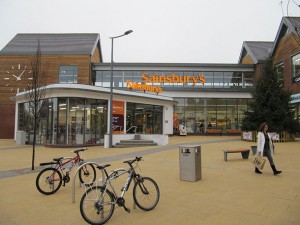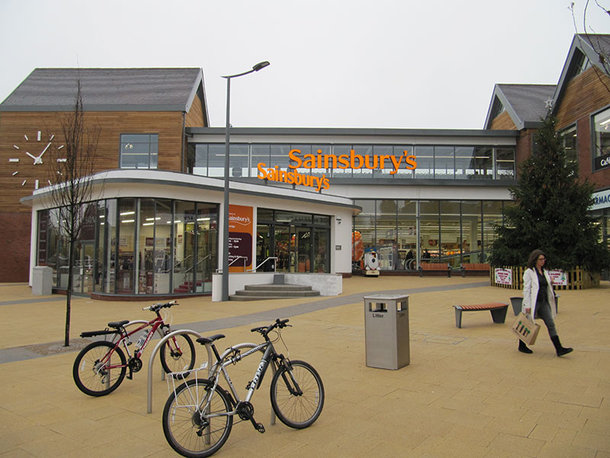 Sainsbury’s is planning to convert shop space equivalent to almost 40 supermarkets from selling food into non-food as it tries to fight back against a fall in grocery sales.
Sainsbury’s is planning to convert shop space equivalent to almost 40 supermarkets from selling food into non-food as it tries to fight back against a fall in grocery sales.
The supermarket chain has identified space across the UK, which represents six percent of its portfolio, that it no longer needs for food as customers switch spending to convenience stores, the discounters, and online.
Sainsbury’s intends to use half of this space to sell its collection of own-brand non-food products, such as kitchenware and homeware. For the remaining half, the company is in talks with other retailers about subletting space.
The new plans were revealed by Sainsbury’s CFO John Rogers recently.
Sainsbury’s reported a pre-tax loss of £290m in its half-year results and said it was concerned that 25 percent of its shops were “underutilised”.
Tesco is expected to unveil a significant annual loss next week by booking a one-off impairment charge, estimated to be £3billion, on the value of its supermarkets.
The share of grocery spending that takes place in supermarkets is falling, according to industry figures. Shoppers in the UK are increasingly turning away from a weekly shop in out-of-town supermarkets towards more frequent visits to convenience stores as well as shopping online and with discounters such as Aldi.
Rogers also confirmed that Sainsbury’s plans to raise £150m in profits through selling off new developments in London for luxury housing. The retailer believes it can raise £90m through building 440 flats above a supermarket in Fulham that is being redeveloped, as well as £60m by building 750 flats above a shop close to Battersea Power Station.
Sainsbury’s has also identified a series of other sites in London where it wants to build housing alongside a supermarket, including in Whitechapel.



